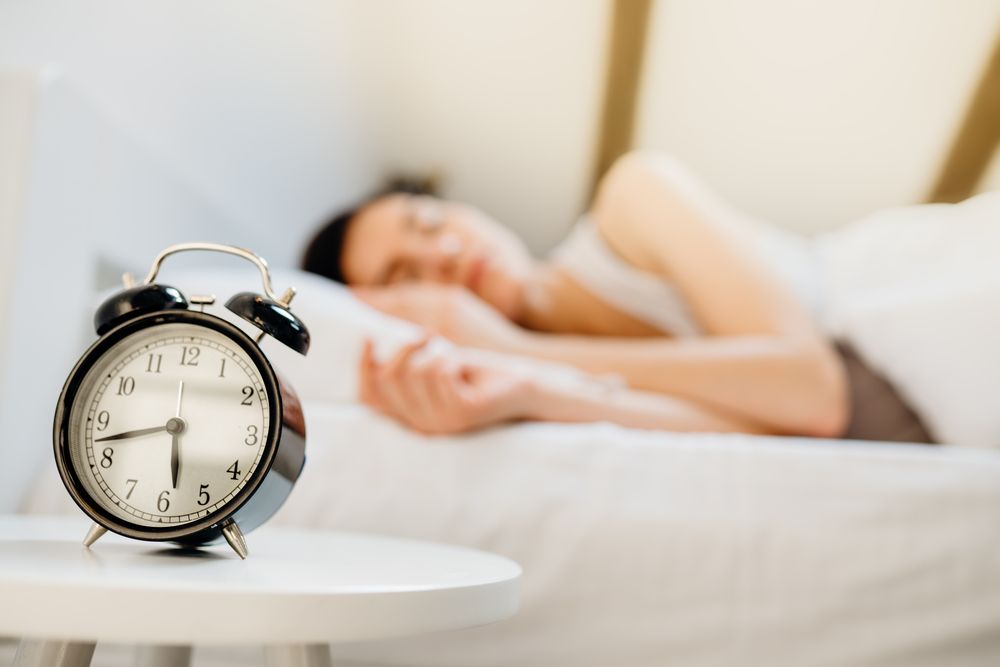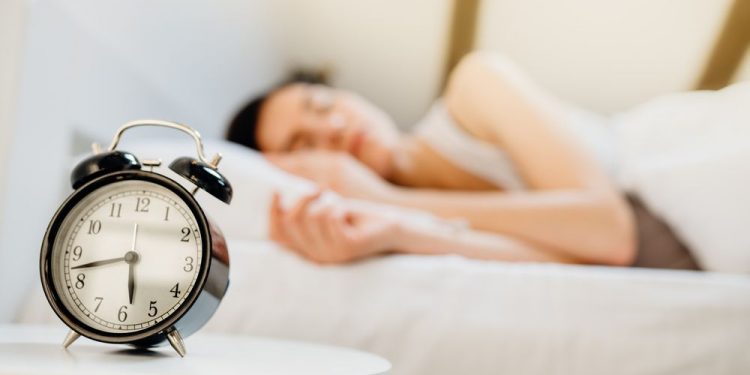Excessive daytime sleepiness symptoms are a sign that you may be experiencing one of several disorders, such as narcolepsy or obstructive sleep apnea. They can make you feel tired and drowsy all day and interfere with work, school or other activities.
Narcolepsy is a chronic condition that causes people to suddenly fall asleep during daytime activities, even when they’re awake. The disorder is more common in young adults, but it can affect anyone at any age.
Restless legs syndrome (RLS) is a condition that causes an irresistible urge to move your legs, which can keep you from falling asleep or make it harder to fall asleep. It’s often treated with medicine that relieves the urge to move your legs.
Obstructive sleep apnea is a sleep disorder that interrupts your breathing during sleep. It can cause excessive daytime sleepiness, high blood pressure and other health problems.
Medications can also cause excessive daytime sleepiness, especially sedating ones. They can be dangerous if taken in combination with other drugs, so it’s important to talk to your doctor about any medication that may cause you to feel tired or sleepy during the day.
Sleep deprivation and lack of exercise are other frequent causes of excessive daytime sleepiness. These may be temporary, like when you’re travelling and can’t get enough sleep or due to illness or other physical problems.

Some people experience excessive daytime sleepiness for no apparent reason, called idiopathic hypersomnia. This can be a sign of an underlying condition, such as sleep apnea or diabetes, that needs treatment.
Older people can be more prone to excessive daytime sleepiness because of the changes in their bodies that happen as they grow older. They also may have more health conditions and sleep issues that impact their ability to get a good night’s rest, such as dementia or Alzheimer’s disease, acid reflux, and sleep apnea.
It can also be a side effect of certain medicines, like narcotics and antidepressants. It’s not unusual for older adults to have sleep issues because they’re more likely to take medication and be affected by other health problems, so it’s important to see your doctor about any lingering symptoms you have that may be a symptom of an underlying condition.
Your doctor will want to do a medical evaluation and ask you about your symptoms and lifestyle. They can help you develop a sleep plan that will help you fall asleep and stay asleep throughout the night.
They may also recommend a sleep study to find out if you have obstructive sleep apnea or other sleep disorders that can be the root of your excessive daytime sleepiness. They can then adjust your medications if needed and provide support and advice on how to improve your quality of life.
You can make a positive change for yourself by working with your doctor to develop a customized sleep plan that will improve your sleep and overall well-being. This can improve your quality of life and reduce the risk of accidents or serious illness.









